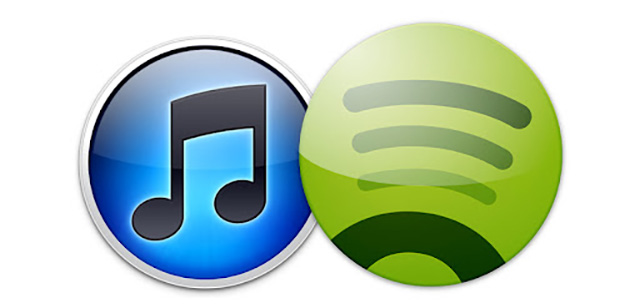
The second reason the blog post feels disoriented is that the issues taken with Apple aren’t harmonized around a single conversational thread. The distinction here is clear: Uber and Deliveroo don’t get special treatment on the 30% platform fee relative to Spotfiy because Spotify competes with Apple Music, but rather they are treated differently on a point of policy because they (and many other apps) facilitate the purchase of physical, real-world goods and services, not digital goods and services. eBay similarly does not pay a 30% platform fee on items purchased in its app nor does GOAT, the sneaker purchasing app nor does Poshmark, the used fashion marketplace nor does Fair, the car leasing app. But Uber and Deliveroo don’t deliver digital products or services via in-app purchases these companies fulfill their transactions in the real world. At one point, Ek states that he doesn’t want or expect special treatment from Apple, only to be treated the same as Uber or Deliveroo, which don’t pay the 30% platform fee on transactions facilitated by their app. In all, the argument in the blog post comes off as disjointed and somewhat confused.

And to keep our price competitive for our customers, that isn’t something we can do.Įk goes on to state that what Spotify finds problematic about the App Store dynamic isn’t the existence of the 30% platform fee (which is also applied on Google Play), per se, but rather the fact that alternative payment methods are not available on mobile (the App Store prevents developers from notifying users that they can register on the Spotify website) and that Apple’s own music app should also be subject to the payments rules of the App Store. If we pay this tax, it would force us to artificially inflate the price of our Premium membership well above the price of Apple Music. Apple requires that Spotify and other digital services pay a 30% tax on purchases made through Apple’s payment system, including upgrading from our Free to our Premium service. To illustrate what I mean, let me share a few examples. But in Apple’s case, they continue to give themselves an unfair advantage at every turn. Apple is both the owner of the iOS platform and the App Store-and a competitor to services like Spotify. From the post:Īpple operates a platform that, for over a billion people around the world, is the gateway to the internet.


In the blog post, Ek claims that, as an operator of both the distribution platform (the App Store) and a participant in the mobile app ecosystem as a publisher of apps like Apple Music, Apple enjoys an unfair advantage against companies that develop apps similar to those that come pre-installed on Apple hardware. Last week, Daniel Ek, the CEO of Spotify, published a blog post in which he revealed that the company has filed an antitrust complaint about Apple with the European Commission.


 0 kommentar(er)
0 kommentar(er)
